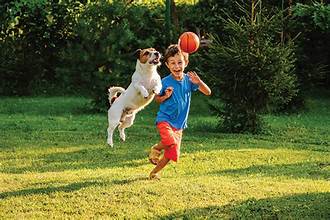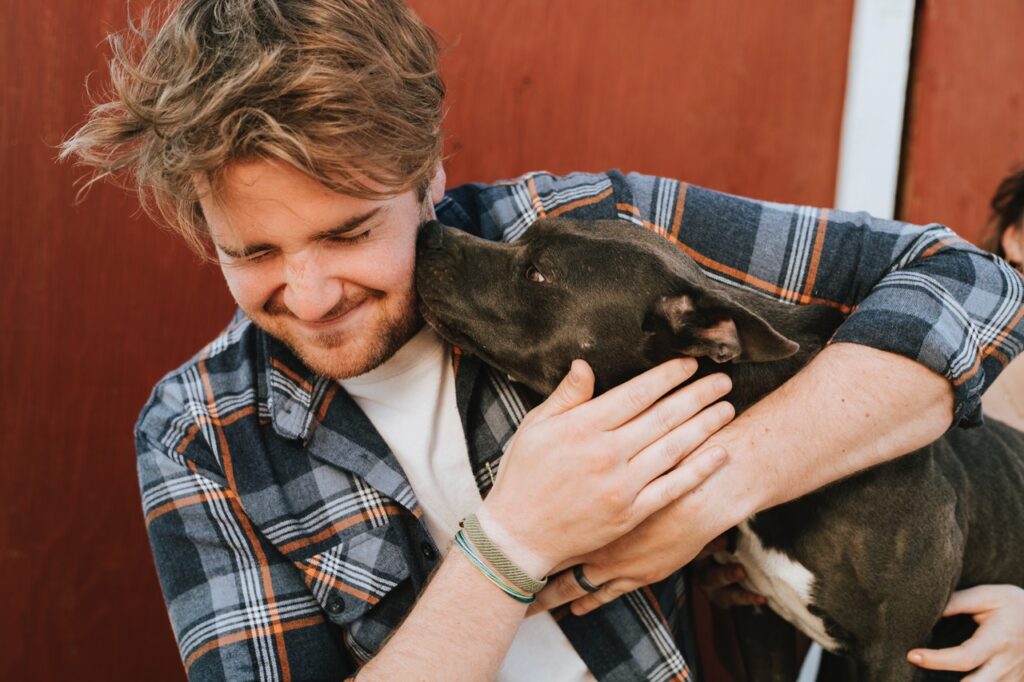Rescue dogs often come from diverse backgrounds and may need extra adjusting time. Understanding their unique challenges and approaching their training with patience and empathy is key to smoother the transition. Remember, every dog is different, and taking things at their own pace is okay.
1. Setting Up a Safe Space
Create a personalized, quiet space for your dog to retreat when they need a break.

Include comfortable bedding, familiar scents, and toys to help them feel at ease.
2. Establishing a Routine
Consistent feeding, exercise, and potty times help establish trust and security.
A reliable routine, including consistent feeding, exercise, and potty times, is key. It helps your rescue dog understand its new environment and your expectations, providing a sense of security.
3. Training with Positive Reinforcement
Use treats, praise, and affection to reinforce positive behavior.
Avoid punishment. Instead, focus on rewarding desired actions with treats, praise, and affection. This positive reinforcement is a powerful tool for encouraging learning and building trust.
4. Gradual Socialization
Slowly introduce new people, pets, and environments to prevent overwhelming your dog.
Watch for uneasy signs and adjust as needed to keep experiences positive.
5. Bonding Through Play and Exercise
Engage in interactive play and exercise daily to build a strong connection.
Physical activity relieves stress and reinforces your role as a trusted companion.

6. Building Trust Gradually
Avoid overwhelming physical contact; let them initiate petting and play.
Be patient, and give them time to adjust to your presence, touch, and voice.
7. Understanding Body Language
Learn to notice signs of stress or discomfort, such as tucked tails, yawning, or panting.
Respect these cues and give your dog space when needed to prevent stress.
8. Seeking Professional Help if Needed
If your dog is showing signs of severe anxiety or aggression, consult a professional trainer specializing in rescue dogs.
Early intervention can help prevent challenges before they become ingrained.
Conclusion
Training and bonding with a rescue dog is a journey that takes patience and understanding, but it’s also incredibly enriching. With the right approach, your new companion will soon feel safe, loved, and ready to thrive in their forever home. Remember, you’re not just training a dog, you’re building a lifelong bond.





Pingback: Top 10 Dog Training Mistakes (and How to Avoid Them) - Positvley Pets